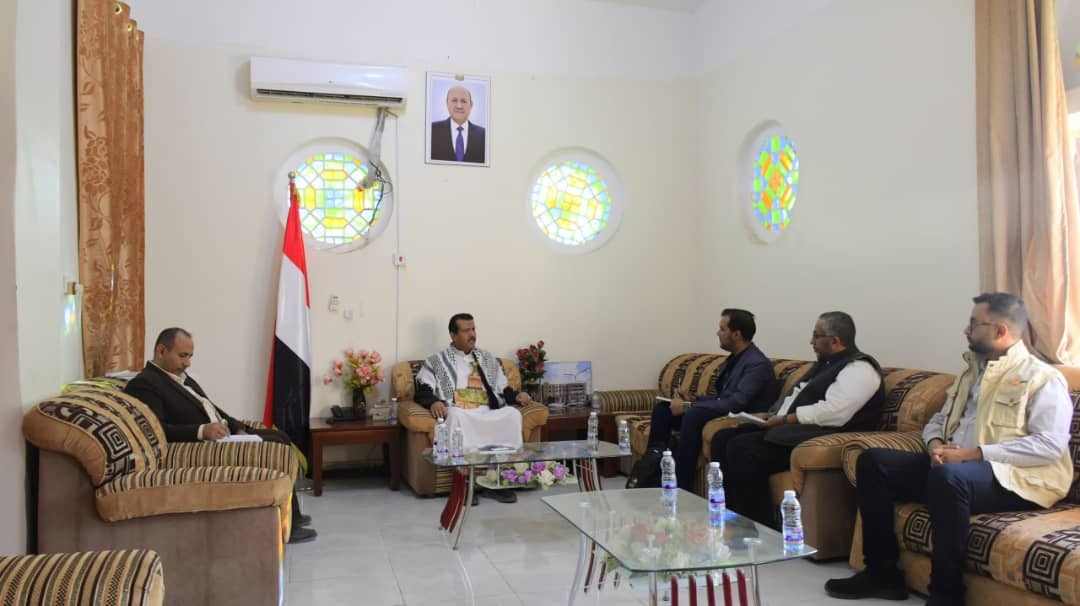


Barran Press
On December 12, 2024, local authorities in Marib, northeastern Yemen, urged the United Nations Population Fund (UNFPA) to expand its interventions in the governorate amid the continuing deterioration of the humanitarian and economic situation for displaced persons.
This call was made during a meeting between Dr. Abdu Rabbu Miftah, the deputy governor, and Adnan Abdulsalam, the director of the UNFPA’s emergency response program. The discussions focused on the decline in interventions from international organizations and the lack of humanitarian funding in the region.
Dr. Miftah emphasized the importance of expanding the UNFPA’s emergency response program to include economic empowerment for women, maternal and child health initiatives, mental health programs, and addressing other pressing needs.
He acknowledged the humanitarian role of the UNFPA in the governorate, particularly its emergency response to the needs of displaced families and support for women's projects and livelihood improvement for vulnerable groups.
The deputy governor highlighted the major humanitarian challenges currently facing Marib, noting that international aid often arrives late and meets only about 30% of the existing needs. This shortfall has led to a significant and continuous expansion of humanitarian gaps in the region.
He stressed the necessity for organizations to multiply their interventions to avert an impending famine, as most displaced individuals and host communities are now living below the poverty line due to a lack of income and the collapse of the local economy.
In response, Adnan Abdulsalam outlined the program's mechanisms for rapid emergency response and presented the priorities and needs raised by national sectors for the upcoming year of 2025.
He confirmed that the current humanitarian situation for the displaced in Marib requires mobilizing additional support and assistance to uplift the most vulnerable families and improve their living conditions.
According to a report from the Executive Unit for the Management of Displacement Camps, 263 families moved from rented homes to camps in September due to worsening economic conditions. This internal displacement coincided with the relocation of 118 families to various areas within the governorate.
Marib currently hosts 204 camps and gatherings for displaced persons, accounting for over 62% of the total displaced population in the country, with daily influxes continuing, according to official statistics.